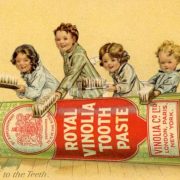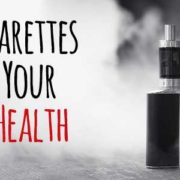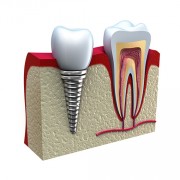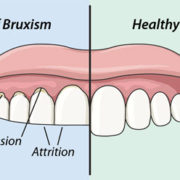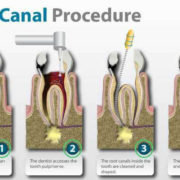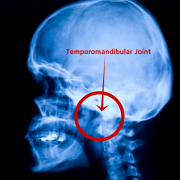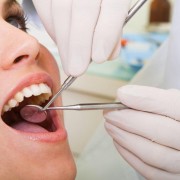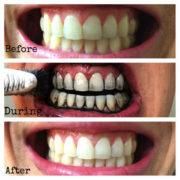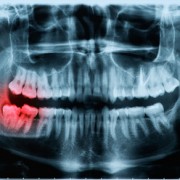History of toothpaste
Next time you reach for your tube of Crest, Colgate, or Arm & Hammer, send up a little thank you to the powers that be for your minty tube of wonders. As it turns out, our obsession with clean and healthy teeth is not anything new (though our methods are arguably MUCH better than past efforts…). Going all the way back to 5000BC, dental hygiene meant using some interesting and downright nasty methods to protect one’s pearly whites.
“Toothpaste” actually made its debut before the invention of the toothbrush. The Egyptians are responsible for the first recorded teeth cleaning substance, followed by the Ancient Greeks, Romans, and the Chinese. After taking a look at the ingredients involved in the early efforts, you’ll quickly realize that abrasion was the name of the game. Ancient people clearly understood that they needed to use a substance rough enough to get rid of the surface level undesirables that resulted in decaying teeth and horrible breath, but some of them might just make you scratch your head.
Drum roll please…
The Egyptians
First up, we have the Egyptians. The Egyptians created a special blend of ox hoof powder, burnt eggshells, and pumice which is a light and porous volcanic rock. Mm mm good! Although this mix often resulted in bleeding gums (we’re going to take a wild guess and blame that on the crushed rocks in their mouths), historians do say that their interesting methods were successful in comparison to some other attempts. Next up, the Greeks and Romans!
Greeks and Romans
The Greeks and Romans preferred to keep it calcium rich with their secret ingredient combo of crushed bones and oyster shells. They typically threw in some powdered charcoal and bark for good measure.
Chinese
The team here at Chauvin would like to give the “Most Likely Not to Spit Out” superlative to the the Chinese. They put together a showstopper with a mix of ginseng, herbal mints, and salts. At least this one doesn’t included cleaning your teeth with the remnants of other living creatures.
Modern-ish Methods
All we can say is that things didn’t look (or taste) too good until rather recently. The “modern” toothpastes began evolving towards the middle of the nineteenth century, but these were still not pastes in the sense that we understand today. The substances were typically powder-like and mixed with water upon use.
Potential ingredients:
- Soap
- Chalk
- Betel nut (seed of a type of palm tree)
- Ground charcoal
- Burnt bread
The world rejoiced in 1873 when Colgate released an inoffensively scented jar of toothpaste, and the innovations just kept rolling in.
1890s – tube introduced
1945 – soap eliminated from ingredient list
1950s – soap replaced with sodium lauryl sulphate to make the paste smooth
Since the 1950s, we’ve seen incredible product diversification in the toothpaste industry, so much so that you might just spend upwards of ten minutes just staring at the options on the supermarket shelves. Do I want sparkling white teeth? Breath freshening? Both? Baking soda formula? Extra strength cleaning? Kid friendly? All natural? Fluoride? Edible?
Well, the next time you’re standing in line feeling the anxiety of making this life changing toothpaste decision, just remember that you’re choosing between Maxfresh Mint and 3D whitening, not ox hoof and crushed bones.
That might just speed up your decision.

